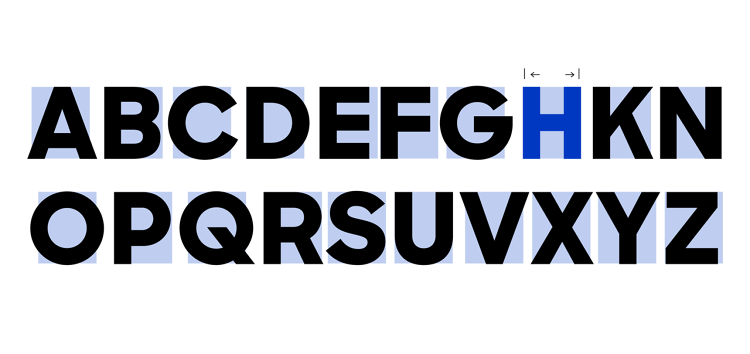A Volkswagen engineer has agreed to spill the details of his involvement in the VW emissions scandal.
Former engineer James Robert Liang took a plea deal with the US federal government to cooperate with its ongoing investigation of how the German carmaker cheated American emissions tests and passed off its “clean diesel” engines as meeting state and government clean air standards.
While VW executives have claimed that the use of a defeat device to artificially limit emissions during tests was the work of a “couple of software engineers,” Liang’s plea deal shows that the conspiracy dates back roughly a decade and has roots in the team that designed the engines.
In other words, Liang claims the design team was in on it, not just a couple of bad apples.
Liang told the government that in 2006, engineers knew the EA 189 diesel engine would not be able to meet clean air emission standards on its own. Rather than attempt to redesign the engine, he and other members of the design team deliberately cheated the testing system.
“According to Liang’s admissions, when he and his co-conspirators realized that they could not design a diesel engine that would meet the stricter US emissions standards, they designed and implemented software to recognize whether a vehicle was undergoing standard US emissions testing on a dynamometer or being driven on the road under normal driving conditions (the defeat device), in order to cheat the emissions tests,” the US Department of Justice (DoJ) said in announcing the plea deal.
He said that the device was used to get the clean air certification on VW’s “clean diesel” models from 2009 to 2016, and that the group continued to lie about the emissions output of the engines even after the US government began its investigation.
Liang, who will continue to help the government in its investigation as part of the deal, pled guilty to three counts of conspiracy: to commit wire fraud, defraud the federal government, and violate the Clean Air Act. He faces a maximum of 5 years behind bars, 3 years supervised release, and a maximum fine of $250,000.
[Source:-The Register]





